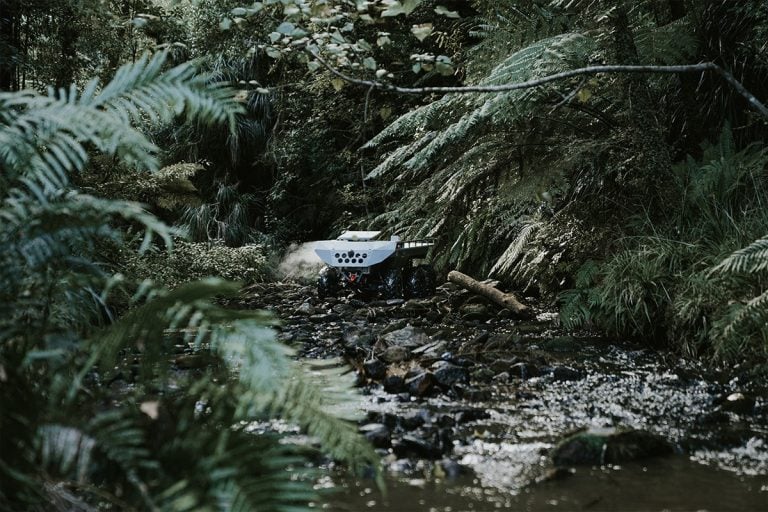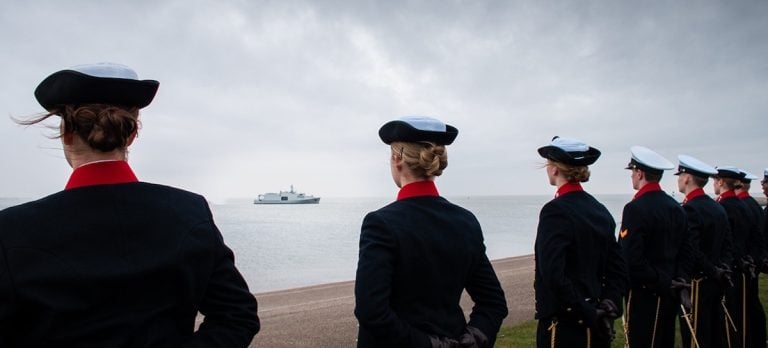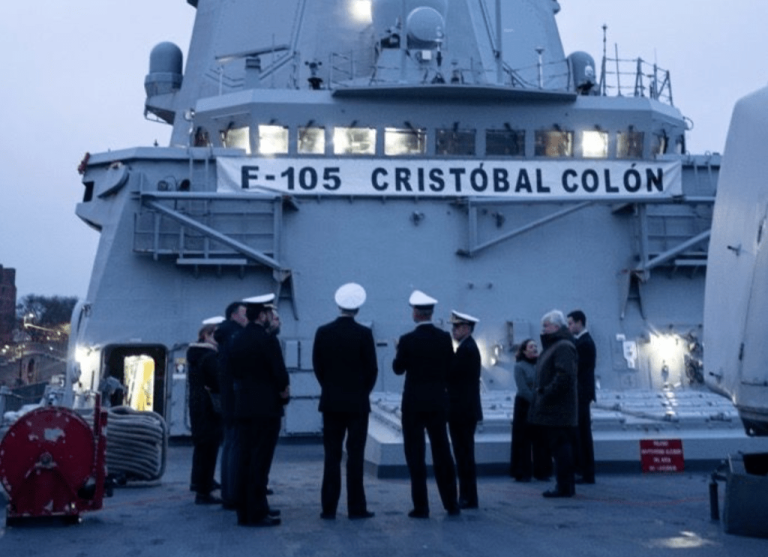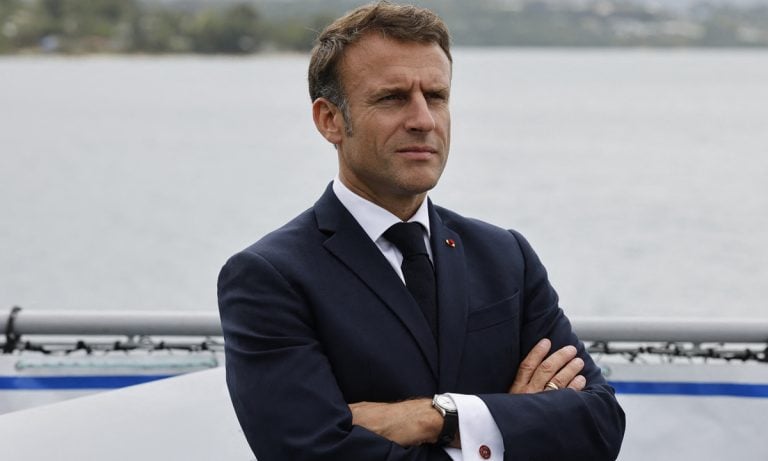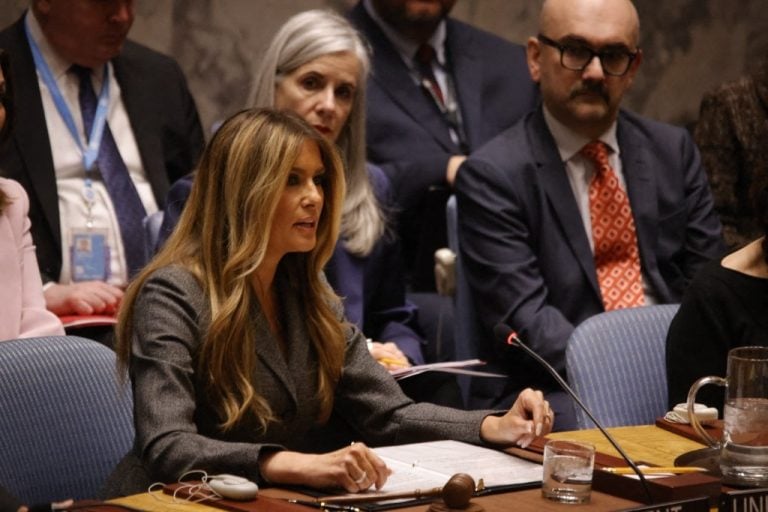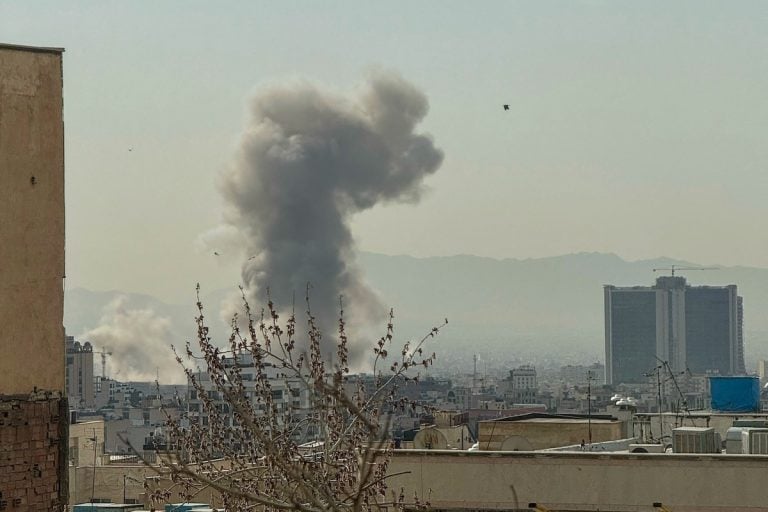The Armed Forces of the Philippines (AFP) is implementing a self-reliance strategy that emphasizes the need to be prepared to engage in combat independently for up to 30 days before assistance from allies is available. This new framework was announced by AFP chief Gen. Romeo Brawner Jr., who detailed the military’s strategic shift while addressing personnel at the opening of the AFP’s annual Joint Exercise Dagat-Langit-Lupa (AJEX DAGIT-PA) at Camp Aguinaldo in Quezon City.
Brawner’s remarks align with the directive from President Ferdinand Marcos Jr., which outlines a “hold the line” approach in potential wartime scenarios. The directive underscores the importance of the AFP’s ability to protect its forces and manage initial conflict stages without external support, emphasizing that allies expect the Philippine military to engage actively at the onset of any hostilities.
“We have to rely on ourselves first,” Brawner articulated, noting that Filipino forces must be prepared to lead the charge in wartime situations. This approach serves as a fundamental shift in the country’s defense posture, as the AFP aims to bolster its capability to respond to modern threats effectively.
The AJEX DAGIT-PA exercises this year incorporated a comprehensive focus on a range of operational areas, including land, sea, air, cyber, and electromagnetic warfare. Specific drills included simulated attacks on critical infrastructure like the Malampaya gas platform in Palawan and the defense of Pag-asa Island amid ongoing tensions in the West Philippine Sea, particularly with China. Brawner emphasized that these exercises are crucial strategic rehearsals rather than mere simulations, designed to prepare troops for real-world situations.
Additionally, the exercises introduced the role of the newly activated AFP Strategic Command, which will assume operational control in times of conflict. This command structure is aimed at ensuring that the AFP chief can concentrate on advising the president rather than being mired in the daily logistics of warfare. Brawner highlighted that previous experiences have shown that the General Headquarters cannot rapidly transition into a fully operational battle staff during a crisis, underscoring the need for this new command model.
The emphasis on self-reliance, strategic exercises, and command restructuring reflects the Philippines’ commitment to strengthening its national defense capabilities amidst evolving geopolitical challenges.

